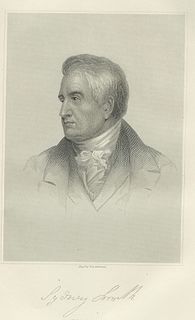A Quote by Stanislaw I Leszczynski
There are few defects in our nature so glaring as not to be veiled from observation by politeness and good-breeding.
Quote Topics
Related Quotes
We have three approaches at our disposal: the observation of nature, reflection, and experimentation. Observation serves to assemble the data, reflection to synthesise them and experimentation to test the results of the synthesis. The observation of nature must be assiduous, just as reflection must be profound, and experimentation accurate. These three approaches are rarely found together, which explains why creative geniuses are so rare.
All the dignity of man consists in thought. Thought is therefore by its nature a wonderful and incomparable thing. It must have strange defects to be contemptible. But it has such, so that nothing is more ridiculous. How great it is in its nature! How vile it is in its defects! But what is this thought? How foolish it is!



































